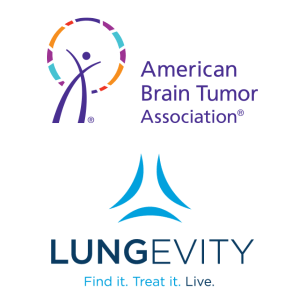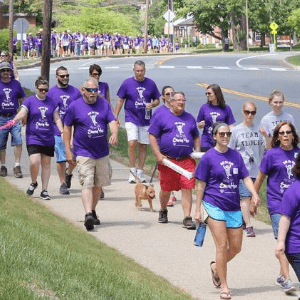A new treatment called vorasidenib has been approved by the U.S. Food and Drug Administration (FDA) for people with low-grade gliomas (LGG). This type of brain tumor grows slowly but can still be very serious, and this new medicine is bringing renewed hope to patients and their families.
Understanding Low-Grade Gliomas
Low-grade gliomas are a type of brain tumor that starts in the glial cells of the brain. Glial cells hold nerve cells in place and help them work. Even though these tumors don’t grow quickly, they can still cause serious problems. As the tumor grows, it can press on different parts of the brain, leading to symptoms like headaches, seizures, and problems with thinking, memory, or movement. Managing these tumors often requires treatment to keep them from getting worse and to help patients live better lives.
Introducing Vorasidenib: A New Hope
Vorasidenib is a groundbreaking new medication that is the first new treatment for low-grade gliomas in over 20 years. But what makes it so special?
How Vorasidenib Works
Many people with low-grade gliomas have specific changes in their DNA, especially in the IDH1 or IDH2 genes. These gene changes can make the tumor grow and spread. Vorasidenib is a targeted therapy, which means it’s designed to specifically block the effects of these gene changes. By doing this, the medication can slow down the tumor’s growth and help patients live longer, healthier lives.
In clinical studies, vorasidenib showed remarkable results. It reduced the risk of the tumor getting worse or causing death by 61%. This is a significant improvement, giving patients with low-grade gliomas a much better chance at managing their condition effectively.
ABTA’s Commitment to Investing in Early-Stage Research Led Directly to This Breakthrough
The story of vorasidenib’s development is a testament to the power of early-stage research and the dedication of researchers and supporters alike. This breakthrough was made possible thanks to research funded by the American Brain Tumor Association (ABTA).
Back in 2007, Dr. Donald (Will) Parsons received an ABTA fellowship grant to study genetic mutations in brain tumors, including glioblastoma and medulloblastoma. Through his research, Dr. Parsons discovered important information about the IDH1 and IDH2 gene mutations in gliomas. His work identified these mutations as key targets for new treatments, laying the groundwork for the development of vorasidenib.
This journey from discovery to treatment highlights the critical role that early-stage research plays in making new, life-saving treatments possible. Without the initial research and the support of organizations like the ABTA, groundbreaking treatments like vorasidenib might never have been developed.
When the ABTA was founded in 1973, neuro-oncology didn’t exist as a medical specialty and there was limited research funding for brain tumors. As a new organization with limited funds, the ABTA chose to invest in early-career researchers to have the greatest impact. This investment has been monumental in shaping the field of neuro-oncology and bringing hope to brain tumor patients and their loved ones.
Why This Matters for Patients
Before the approval of vorasidenib, treatment options for low-grade gliomas were limited. Doctors often relied on surgery, radiation, and older chemotherapy drugs. While these treatments can be effective, they also come with significant risks and side effects, and they don’t always work well for every patient. Vorasidenib offers a new, more precise approach to treating these tumors, giving doctors and patients a powerful new tool in the fight against brain cancer.
Moving Forward: What You Can Do
If you or someone you know has been diagnosed with a low-grade glioma, it’s important to talk to your doctor about this new treatment. Vorasidenib could be a game-changer in managing the condition and improving quality of life. Staying informed about the latest advancements in treatment is key to making the best decisions for your health.




















